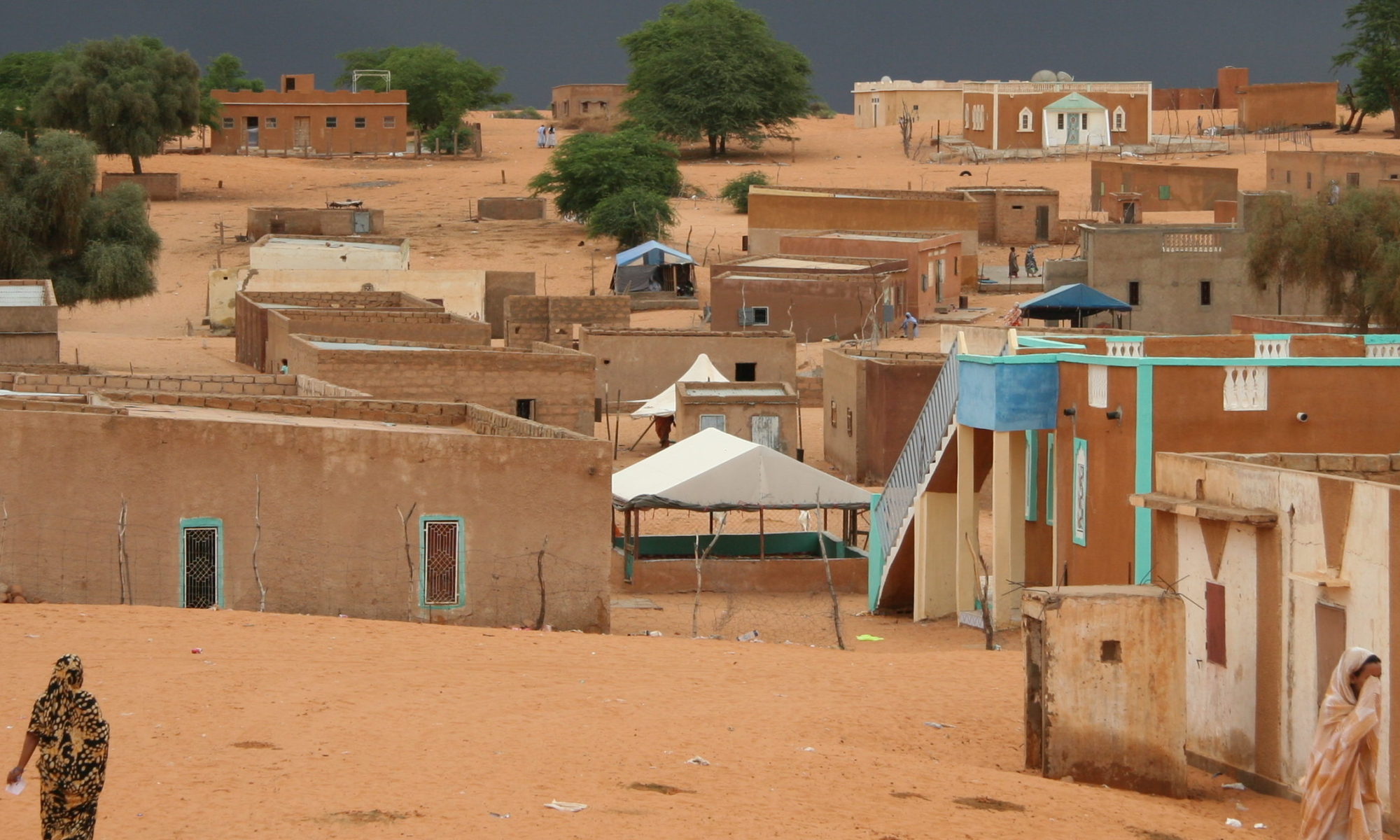Projects

The Civil Prison of Dar Naim
Noura has implemented a monitoring system to identify potential minors with an estimated age of 15 to 17 years being held in the men’s prison to separate them from adult prisoners. In agreement with the government of Mauritania and with the support of UNICEF and the Delegation of the European Union in Mauritania, Noura International has set up “prisoners’ rights” committees in this and other prisons, where inmates can freely express their needs related to access to basic social services and justice. Noura International responds to these needs as much as its resources allow. For needs beyond Noura’s means, partners and other actors in the field are contacted to make sure prisoners get appropriate assistance. Medical attention is given when needed by a doctor also provided by Noura International.
Although the men’s prison facility has a capacity for 400 prisoners, it often averages more than 900 men. 41 percent are pre-trial detainees; this pre-trial period can last for months or even years. The majority of the detainees are unaware of their rights. Noura provides to all prisoners training for hygiene, prevention of incarceration-related diseases, and social reintegration.

Women’s Prison
The women’s prison is a smaller facility that holds on average 40 women, including babies and toddlers as well as minors. Noura has a strong working relationship with the Ministry of Justice and the prison direction. Noura was given permission to construct a room for mediation purposes, exercise equipment, and sewing and cooking classes. Noura focuses much effort on following up with the women’s families while they are incarcerated. There is a strong emphasis on reintegration and follow up when the women are released. Noura also provides school supplies to the children of many of the prisoners.

Closed Center for Juveniles
After six years of pleading that minors be separated from adult prisoners, the Mauritanian government constructed the Closed Center for Juveniles in El Mina, where Noura International has built socio-educational spaces for vocational trainings, and classes in sports, gardening, literacy and hygiene and health education as well as promotion of good citizenship and reintegration. Out of gratitude to Christopher Leggett’s humanitarian action for minors, the Mauritanian government named the main training space of the facility after Christopher Leggett. On average there are 50 juvenile prisoners held in the Closed Center.
In partnership with UNICEF and in agreement with the government of Mauritania, Noura International has been given authorization to host trainings not only for the juvenile prisoners, but also for guards and prison administration. One result of these trainings has been the installation of a telephone line to give the juveniles access to communication with their families while incarcerated.
Noura regularly provides commodities for the juvenile detainees, such as blankets, medical and hygiene supplies.
Prisons in the Interior of Mauritania
Prison in Kaédi:
Due to the geographic position of this prison, most of the inmates of the prison of Kaédi are detained because of consumption and sales of marijuana. For this reason Noura International has organized educational sessions for health and the adverse effects of tobacco and other forms of drugs.
Prison in Nouadhibou:
In the prison of Nouadhibou, there are men, women and juvenile prisoners. Noura International provides training sessions for officials of the National Guard and prison administration who are in direct contact with the detainees for better understanding of international standards of children’s and prisoners’ rights.
Mediation
One of the deficiencies of the judicial system of Mauritania is the total absence of forgiveness and reconciliation between the victim and the author of the offence/crime. Since 2012, Noura has encouraged the conflicting parties to forgive each other mutually in the framework of our work of promoting reparation and restorative justice. Noura International has been given an official mandate to do mediation between families of prisoners and sentenced for crimes and the victims’ families that did not want to define the amount of “blood money,” thus hoping to keep them perpetually in prison.
This work has permitted us to meet the families of both victims and authors to start a process of life transformation, reconstruction of relationships and restoration of communities. In this process, we receive the support of Mauritanian opinion leaders who encourage and support our approach.
Activities outside of prisons
Socio-professional and economic reintegration of beneficiaries
This activity consists of reintegrating selected ex-prisoners and supporting the families of the beneficiaries. Within this initiative, juveniles are placed in apprenticeships with professionals of car repair, tailoring, and aluminum workshop to learn a trade. Outside of detention centers, a campaign to raise awareness of juvenile delinquency has been organized by the staff of Noura International in partnership with local initiatives and community leaders.

